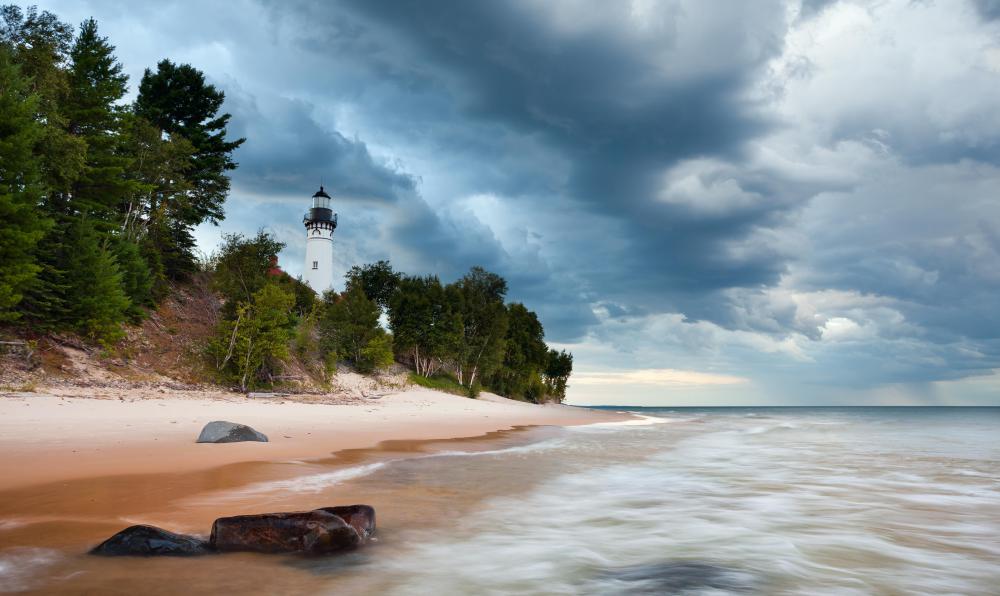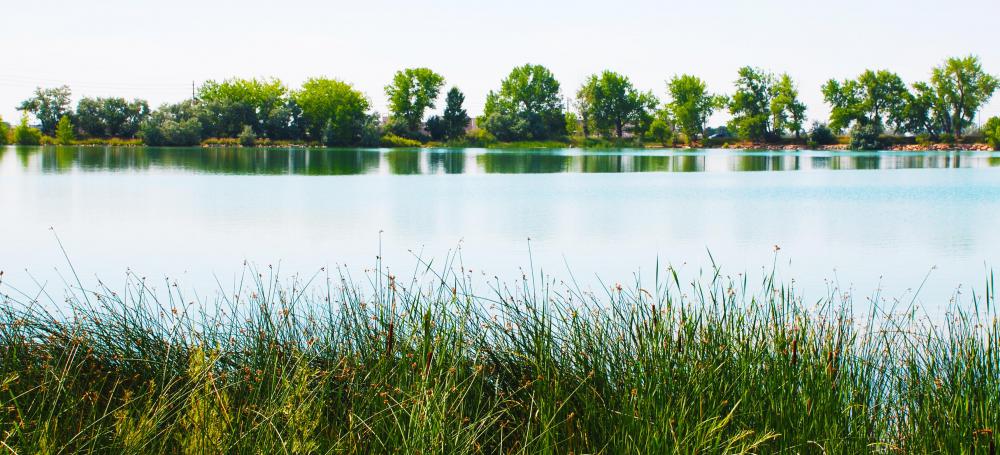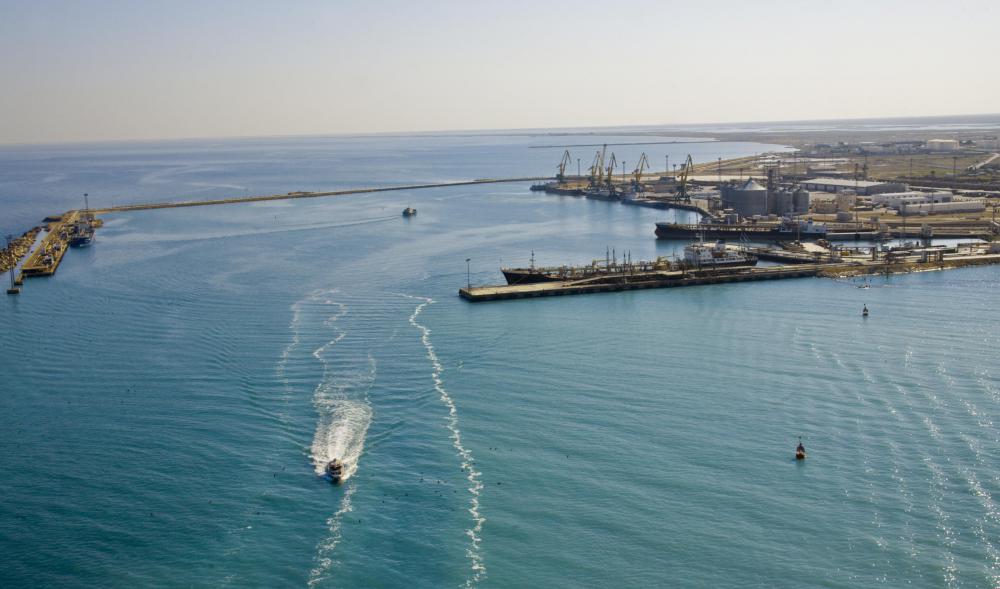What is the Difference Between a Sea and a Lake?
The difference between a sea and a lake largely comes down to permanence. A sea is a more permanent feature, while a lake is relatively temporary. This time frame is relative, and should be examined on a scale of millions of years.
On a geological scale that includes and measures other massive, slow events such as ice ages and plate shifts, a lake is a temporary feature. The formation of a lake can occur in a number of ways, from the movements of a glacier to the inward collapse of a volcano. Over time, the indentation in the Earth's surface fills up with water, life takes up residence, and an entire ecosystem is built. Eventually the lake will be drained, cut off from river sources, or dry up. The life cycle of a lake is well defined, and in turn is what separates a sea from a lake.

A sea, on the other hand, is a more permanent body of water generally attached to the only body of water that is larger: an ocean. The coastline of a sea might change, but the body of water remains. As a sea is connected to the oceans, which are salt water, most seas are also salt water. This is not a distinguishing feature between a sea and a lake, however, as lakes are more commonly freshwater but can be salty depending on their source and their surroundings. Geological evidence shows that the freshwater or salt water status of a lake is subject to change, as in the Black Sea.

The difference between a sea and a lake has not always been so clear, and consequently many have been misnamed. In fact, the largest lake in the world is labeled a sea by its own name. The Caspian Sea, which lies north of Iran and east of Turkey, is a landlocked body of water considered temporary because it does not empty into an ocean, nor is it fed by one. Like many lakes, the Caspian Sea is incredibly sensitive to pollution and the addition of invasive species. In some cases, the distinction between a sea and a lake has been further obscured by translation; not all names or words translate well from one language to another, and consequently bodies of water are frequently misnamed.

The bottom of the bed of a lake typically shows a history of its formation and growth in layers of sediment. Lake beds that have dried up leave behind traces of the plants and animals that inhabited them, pollution, minerals, and levels of organic matter that reflect the delicate balance that existed during their lifetimes. While the coastline of a sea may change, the sea floor is generally always hidden.
AS FEATURED ON:
AS FEATURED ON:













Discuss this Article
Post your comments